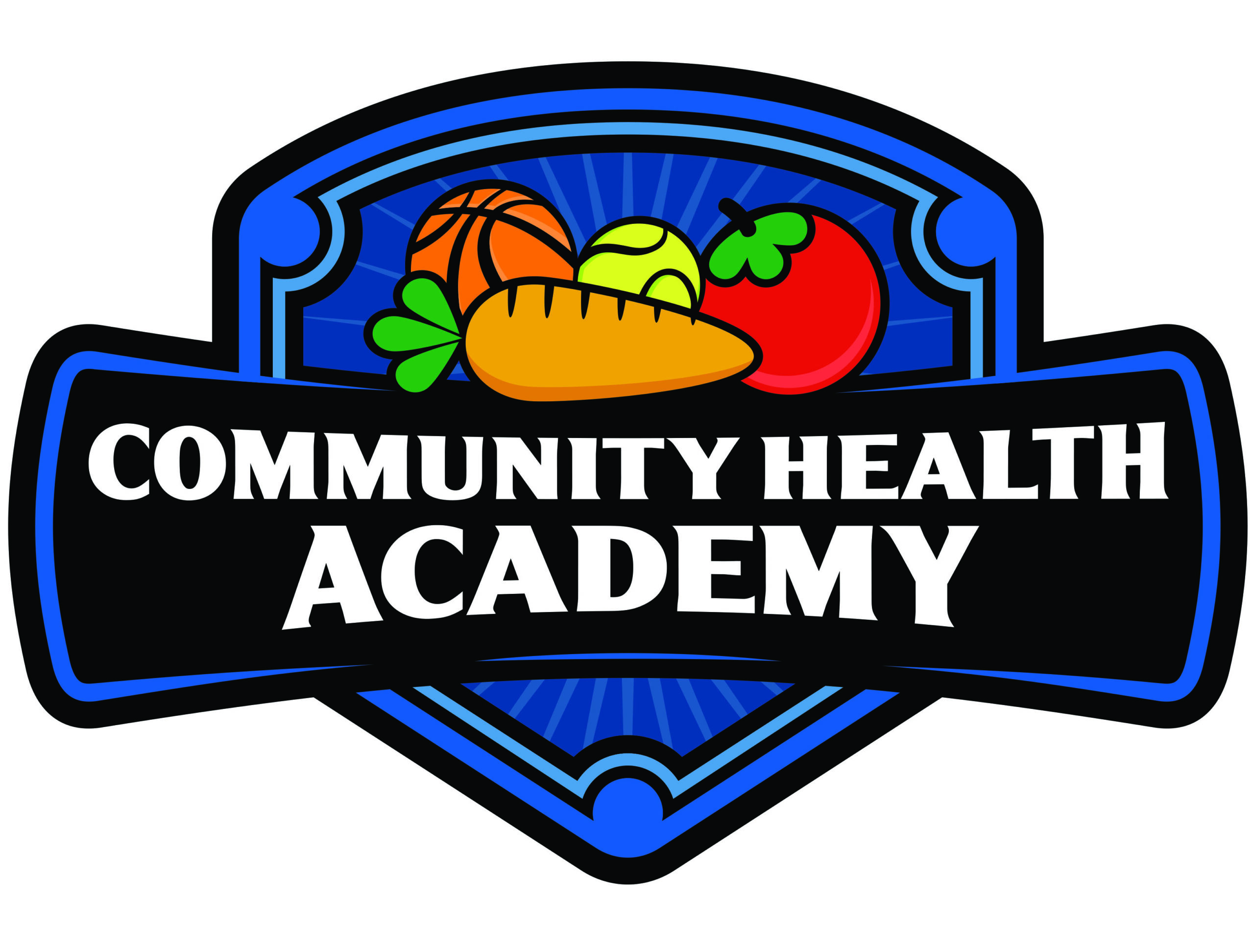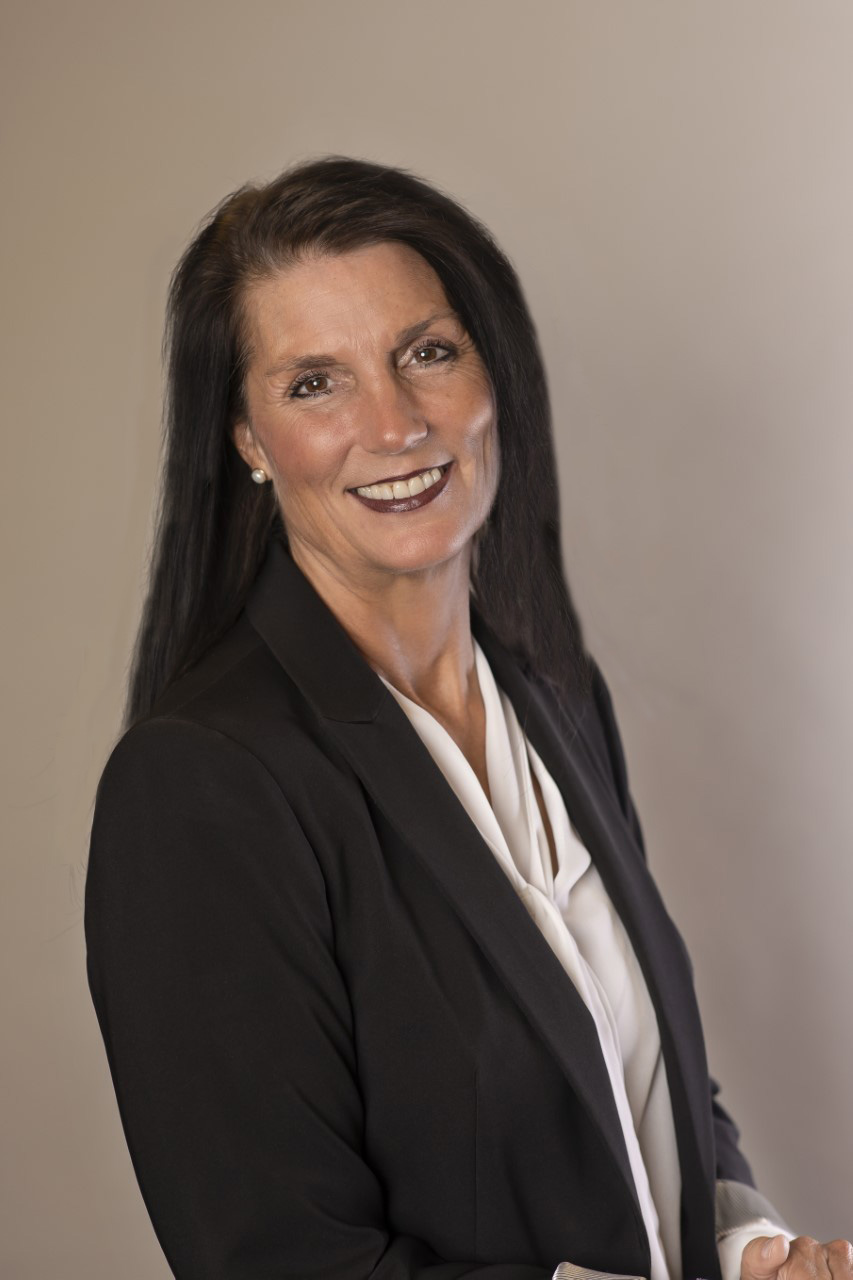Nine Idaho cities are participating in the 2022 Community Health Academy, an annual program of the Blue Cross of Idaho Foundation for Health that provides expertise and funding to help build healthier communities.

Mayors and city staff collaborate with each other and learn from local and national experts in this learning collaborative. We’re highlighting the individuals who are presenting to the mayors and community leaders during the academy.
Today’s topic: Civility.
Kelley Packer is leading a session around civility. She is the national co-chair for Next Generation, a subsidiary of the National Institute for Civil Discourse, a nonprofit based in Washington, D.C., focused on improving civility in legislatures across the nation. She has served as a facilitator for Next Generation since 2017 and was asked to co-chair this organization for 2021-22 by then Executive Director Brent Hill, former Idaho Senate Pro Tem.
Next Generation members are current and former state legislators who are committed to civility, working across the aisle, and taking action that will bring real change. The National Network provides members with support, skill-building resources, and a community with which to share ideas and questions.
Question: Can you tell us about yourself and role?
Answer: I am the Executive Director for the Association of Idaho Cities (AIC). I oversee the day to day operations of our association, including supervision of our staff. In my capacity as the director, I also sit on nine different boards as the city representative, from Idaho Rural Partnerships, to Local Highway Technical Assistance Council (LHTAC), to Peace Officers Standards and Training (POST) Council and more. I currently live in Boise, but I’m from the small town of McCammon in Southeast Idaho. I got involved in civic service as a council member in McCammon, in 2008. I moved from there to the legislature where I served three terms (six years), before being appointed by Governor Little to lead the Bureau of Occupational Licenses (now known as the Division of Occupational and Professional Licenses).
Q: What does your organization do?
A: AIC works hard to build additional resources and tools for Idaho’s 199 cities. We advocate for cities in DC and at the Idaho Statehouse. We provide training to newly elected city officials, as well as ongoing education and technical assistance for the overwhelming number of areas that cities find themselves responsible for, such as planning and zoning, streets and transportation needs, water and sewer infrastructure, emergency services, and much, much more.
Q: Why are you in this line of work?
A: It is very rewarding to be a champion for Idaho’s cities. Without successful cities, we wouldn’t have a successful state. Cities provide the most basic essential services for Idaho citizens, but many cities need the additional support that we provide to meet those needs.
Q: Why is addressing social determinants of health important?
A: Some of the factors that strongly influence health outcomes include a person’s access to medical care, access to clean water and functioning utilities, reliable transportation infrastructure, safe and secure communities, all of which are provided by cities and other local jurisdictions. City officials work hard to provide their citizens with the most critical services to ensure positive local health outcomes. Without city services, the mental, physical and emotional health of Idaho residents would rapidly deteriorate.
Q: What are the benefits of learning collaboratives such as the Community Health Academy compared to traditional grant funding?
A: The benefits from the learning collaboratives is the strengthening of brain power that comes from bringing many different leaders together to discuss solutions and improved service delivery for community needs. The collaboration brings about fresh ideas and successful programs to improve the services those cities provide to their residents. It’s powerful! Traditional grant funding leaves local elected officials largely on their own, without the research, data, and other expertise they find with the learning collaboratives.
Q: What’s your favorite baseball team and why?
A: St. Louis Cardinals, because I lived in St. Louis from 2 to 6 years of age and got to attend a couple of games with my dad during that time. They will always have a special place in my heart because of those fond memories.
